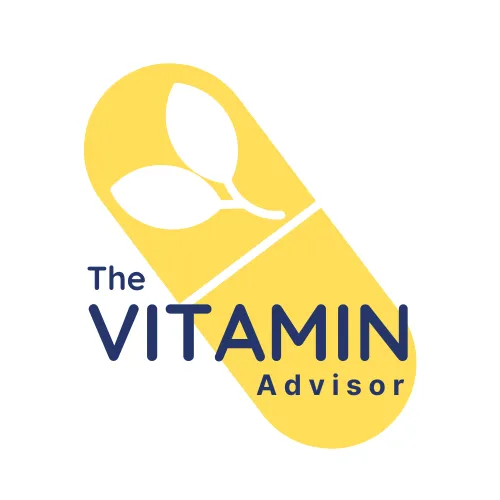

Nurturing Your Vision: Carotenoids and Eye Health
Introduction
Living in this fast-paced digital world, our eyes often bear the brunt of prolonged screen time and exposure to harsh artificial lighting. My 98-year-old grandmother keeps reminding me how important it is to prioritize eye health. One way to do that is by embracing the power of carotenoids. Certain carotenoids like lutein, zeaxanthin, and astaxanthin offer incredible benefits for our eyes. In this blog post, I’ll delve into these specific carotenoids and their remarkable role in promoting and preserving eye health.
Carotenoids: Nature's Gift to Your Eyes
Carotenoids are a group of naturally occurring pigments mostly found in various fruits, vegetables, and algae. They are responsible for the vibrant colors of food on our plates. You know the reds, yellows, and oranges. One of the most common carotenoids is beta-carotene. However, the ones I want to focus on today are lutein and zeaxanthin. They are found in abundance in greens such as spinach, kale, dandelion, collards, and turnip greens. These vegetables may hold the secret to many health benefits, particularly when it comes to our eyes.
Lutein: The Guardian of Your Vision
Lutein is a carotenoid that plays a vital role in eye health. It's like a shield that protects your precious retinas from the onslaught of harmful high-energy light waves. This natural guardian is especially adept at supporting those at risk of age-related macular degeneration (AMD), a common cause of vision loss among the elderly. Additionally, lutein may have the power to support your visual performance, particularly when you face the glare of high-energy light.
Zeaxanthin: Your Vision's Trusted Partner
Zeaxanthin is another carotenoid that stands alongside lutein. It’s found in the same greens. Zeaxanthin is a partner with lutein when it comes to supporting your macula, the central area of your retina responsible for sharp vision. Just like lutein, zeaxanthin's antioxidant prowess helps it act as a natural filter against blue light, sparing your eyes from the strain of screens and artificial lighting.
Astaxanthin: The Rising Star for Eye Support
Astaxanthin, unlike lutein and zeaxanthin which are found in green vegetables, is derived from microalgae. It is a food source for flamingos, salmon, and shrimp, and is the new hero when it comes to eye health. With its potent antioxidant properties, astaxanthin tackles oxidative stress head-on, helping to support eye function. If you're battling eye fatigue from excessive screen time, astaxanthin may offer welcome relief. While its role in eye health is still being explored, it shows promise in supporting your macula and retinal blood flow.
Conclusion
Incorporating carotenoids like lutein, zeaxanthin, and astaxanthin into your daily routine can be a game-changer for your eye health. These carotenoids act as nature's bodyguards, shielding your eyes from the hazards of modern life. If you are not getting enough greens in your diet every day, consider adding a dietary supplement to your daily regimen. A balanced diet, regular eye check-ups, and healthy lifestyle choices all contribute to maintaining optimal eye health.
If you have any health concerns, discuss them with your healthcare provider. By embracing these powerful carotenoids, you'll be giving your eyes the nurturing care they deserve, allowing you to continue seeing the world with clarity and vibrancy in our digital age.
“Carotenoids.” Linus Pauling Institute, 8 Sept. 2023, lpi.oregonstate.edu/mic/dietary-factors/phytochemicals/carotenoids.
© Copyright 2023 The Vitamin Advisor / Privacy Policy / Disclaimer

